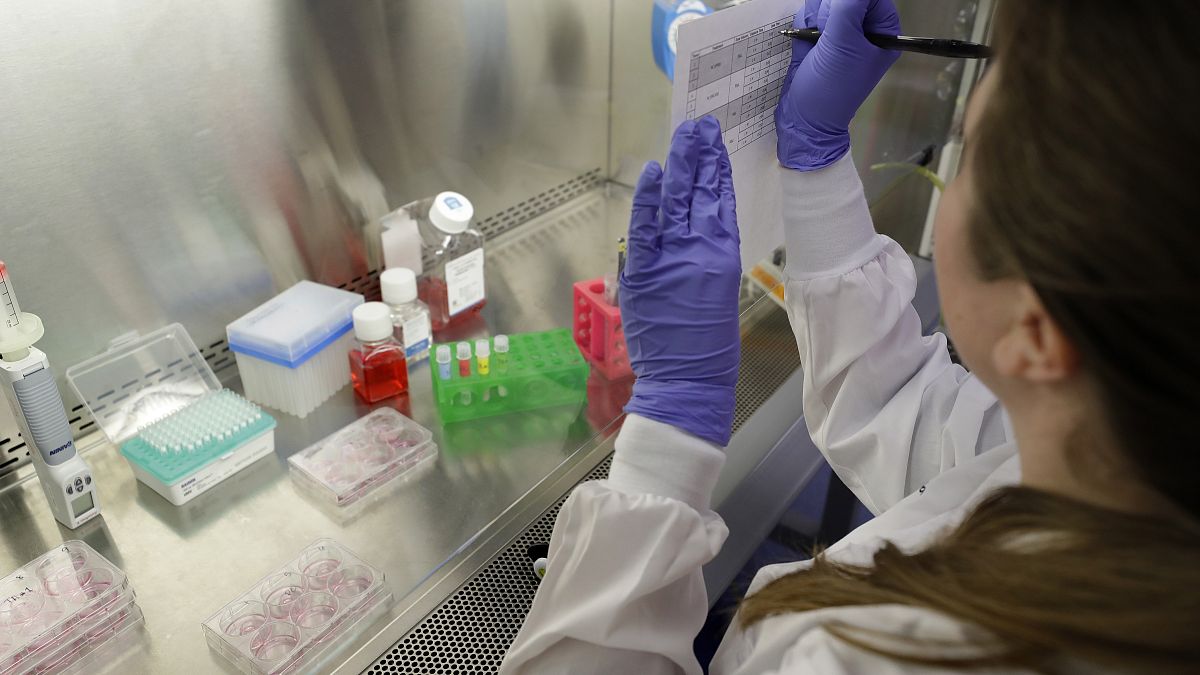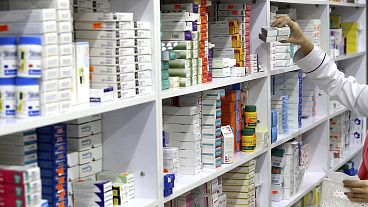Strengthening health resilience is one of the pillars of Enrico Letta’s report on the Single Market to be presented to EU leaders during the special European Council in Brussels today (18 April).
Letta stresses the need to leverage the Single Market to strengthen the healthcare sector and calls for the EU to take decisive action to foster integration and ensure sustainable access to healthcare for all citizens.
Letta calls in his report for a ‘fifth freedom’ to enhance research, innovation and education in the Single Market, for which he says, “the healthcare sector stands out prominently”.
This joins four freedoms touted by the report as roots of the Single Market framework: the free movement of people, goods, services and capital.
The former Italian PM highlights the role of the healthcare sector and focuses on the shortages of workers, the unstable R&D landscape in the EU and the need for a coordinated approach among member states.
He mentions the influence the COVID-19 pandemic had in highlighting the importance of the sector, and the need for EU policies and competitiveness.
The pandemic, the report reads, “exposed the urgent need for multilateral cooperation when facing major health threats” and proved that investing in healthcare is crucial for economic stability and political resilience within member states.
Europe “risks squandering the hard-won lessons of the pandemic unless it adopts a more unified approach to health", Letta warns, despite the lessons learned from the pandemic.
He adds that the implementation of legislation originated from COVID-19 is going well but much more remains to be done to secure supply chains.
With this in mind, last year the European Commission presented a proposal for new pharmaceutical legislation, a text also voted on by the European Parliament and now awaiting the next mandate for further negotiations.
Letta warns in his report that, to date, there is no real Single Market for pharmaceuticals as some marketing authorisations for medicines are granted at the national level.
The EU pharmaceutical industry is increasingly dependent on third countries for many key products such as active pharmaceutical ingredients and components.
The report warns that the European production of active ingredients used in the pharmaceutical industry has fallen from 53% in the early 2000s to less than 25% today.
Consequently, states Letta, “the Single Market must prioritise boosting production capacity and self-sufficiency in raw materials, and certain types of medicines, vaccines, and antibiotics.”
For that, the text calls to keep building on the steps already taken through the Pharmaceutical Strategy for Europe.
This strategy, adopted in 2020, aims to create a future-proof regulatory framework and to support industry in promoting research and technologies that reach patients while addressing market failures.
One of its main pillars is to support the competitiveness, innovation and sustainability of the EU’s pharmaceutical industry.
Letta also highlights other health challenges the EU is currently experiencing such as antimicrobial resistance, medicine shortages, demographic changes and shortages of healthcare workers.
“Addressing these challenges only nationally is a suboptimal answer,” writes Letta.
He adds that citizens expect Europe to deal with the big challenges of the future of health care and calls for comprehensive policy measures encompassing EU and national actions.



